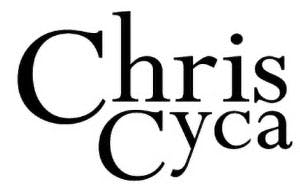Once you’ve done the basic calculations and completed a financial statement, you can ask a lender or loan broker for a prequalification letter saying that loan approval for a specified amount is likely based on your income and credit history. Pre-qualifying lets you determine exactly how much you’ll be able to borrow and how much you’ll need for a down payment and closing costs.

Unless you’re in a very slow real estate market, with a lot more sellers than buyers, you will want to do more than pre-qualify for a loan: you will want to be pre-approved (that is, guaranteed) for a specific loan amount. This means a lender has already checked your credit and evaluated your financial situation, rather than simply relied on your own statement about your income and debts.
Pre-approval means that the lender would actually fund the loan, pending an appraisal of the property, title report, and purchase contract. Having a lender pre-approve you for a loan is crucial in a competitive market — without it, you stand little chance of your offer being accepted.
Getting pre-approval will save you from disappointment later, by sparing you from getting your hopes up on property that was never truly in your price range.
Getting your financing pre-approved ahead of time can also save yourself from wasting expenses like home inspections and appraisals on homes that you are not truly capable or qualified to purchase.

